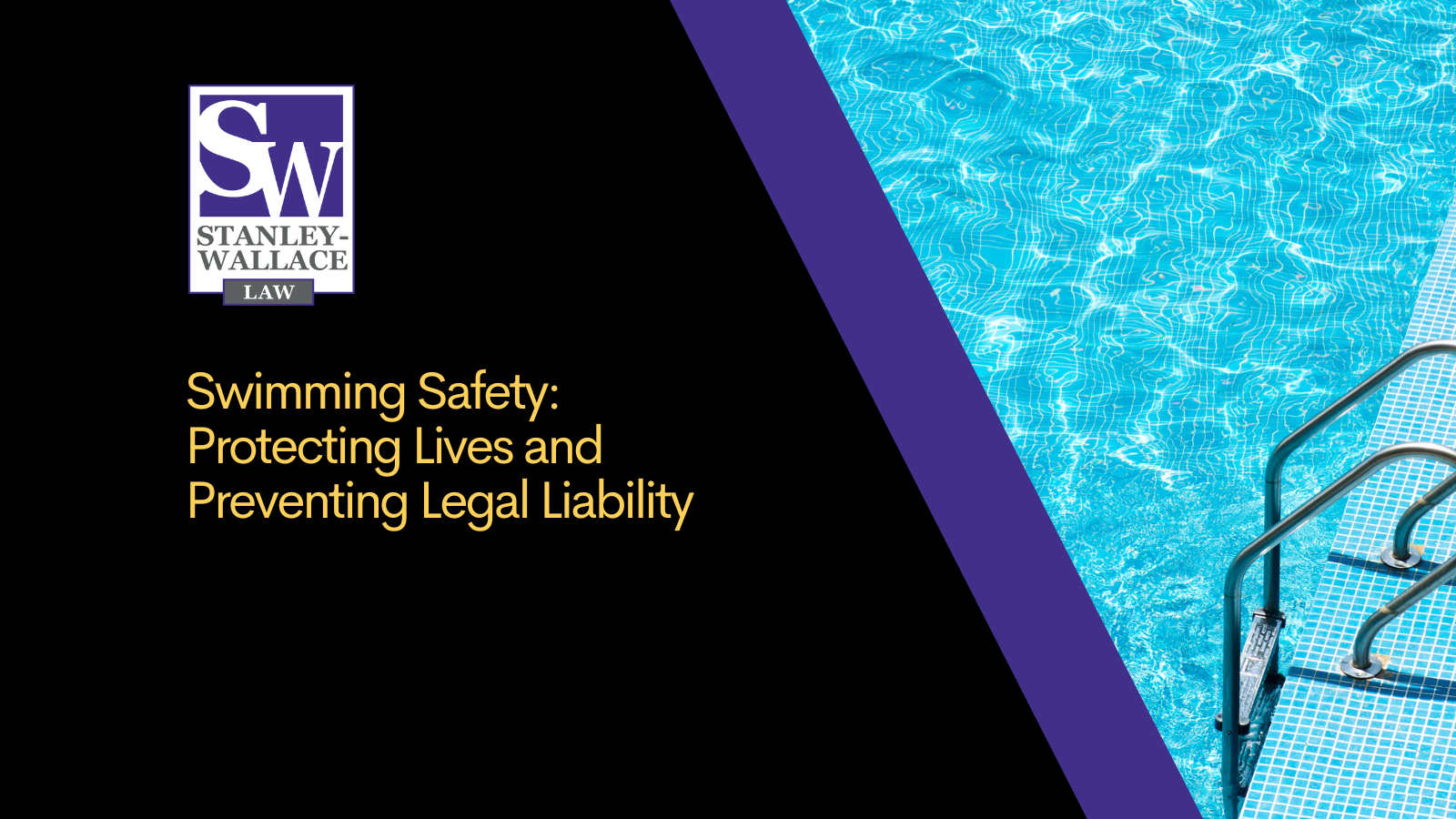Swimming is a popular recreational activity enjoyed by people of all ages, providing a refreshing escape from the scorching summer heat. However, amidst the joy and excitement, it is crucial to prioritize safety and take necessary precautions to prevent accidents and potential legal liabilities. As an attorney and an avid swimmer, I understand the importance of promoting swimming safety and ensuring that individuals are aware of their rights and responsibilities. In this article, we will explore some essential tips to help you and your loved ones stay safe while enjoying the water. However, even if a lifeguard is on duty, continue to supervise your loved ones and remain vigilant. Don’t let the mere presence of a lifeguard lull you into a false sense of security.
1. Supervision and Lifeguards:
One of the primary safety measures for swimmers is constant supervision. Never swim alone, especially in open water or pools without lifeguards. A lifeguard’s presence can significantly reduce the risk of accidents and provide immediate assistance in case of emergencies. Be vigilant when visiting public swimming areas, ensuring that there are certified lifeguards on duty.
2. Know Your Limits:
It is important to understand your swimming abilities and never venture into water that is beyond your skill level. Avoid attempting risky maneuvers, such as diving into shallow water or swimming in unfamiliar and potentially dangerous areas. Accidents can happen swiftly, and being aware of your limitations can minimize the chances of injury.
3. Pool and Water Safety Equipment:
Whether you’re swimming in a pool or open water, having appropriate safety equipment readily available is essential. Pools should be equipped with life-saving ls like life rings, reaching poles, and a first aid kit. Additionally, it is crucial to be familiar with the location of emergency exits and safety equipment when visiting public swimming areas.
4. Water-related Hazards:
Be aware of potential hazards in and around the water. These can include hidden rocks, strong currents, underwater obstructions, and sudden changes in water depth. Pay attention to warning signs, advisories, and local regulations regarding water safety. Understanding these hazards and abiding by safety guidelines can help prevent accidents and injuries.
5. Alcohol and Recreational Drugs:
Consuming alcohol or using recreational drugs significantly impairs judgment, coordination, and reaction time. It is crucial to avoid these substances while swimming or supervising others in the water. Such impairments increase the risk of accidents and can have severe legal consequences if injuries occur.
Swimming is an enjoyable activity that can provide hours of fun and relaxation. However, it is essential to prioritize safety and take precautions to prevent accidents and legal liabilities. By adhering to basic swimming safety guidelines, such as constant supervision, learning to swim, knowing your limits, and being aware of potential hazards, you can make swimming a safe and enjoyable experience for yourself and others. Remember, taking proactive steps to protect yourself and others can not only prevent accidents but also reduce legal risks associated with negligence. Stay safe, have fun, and enjoy the water responsibly!


